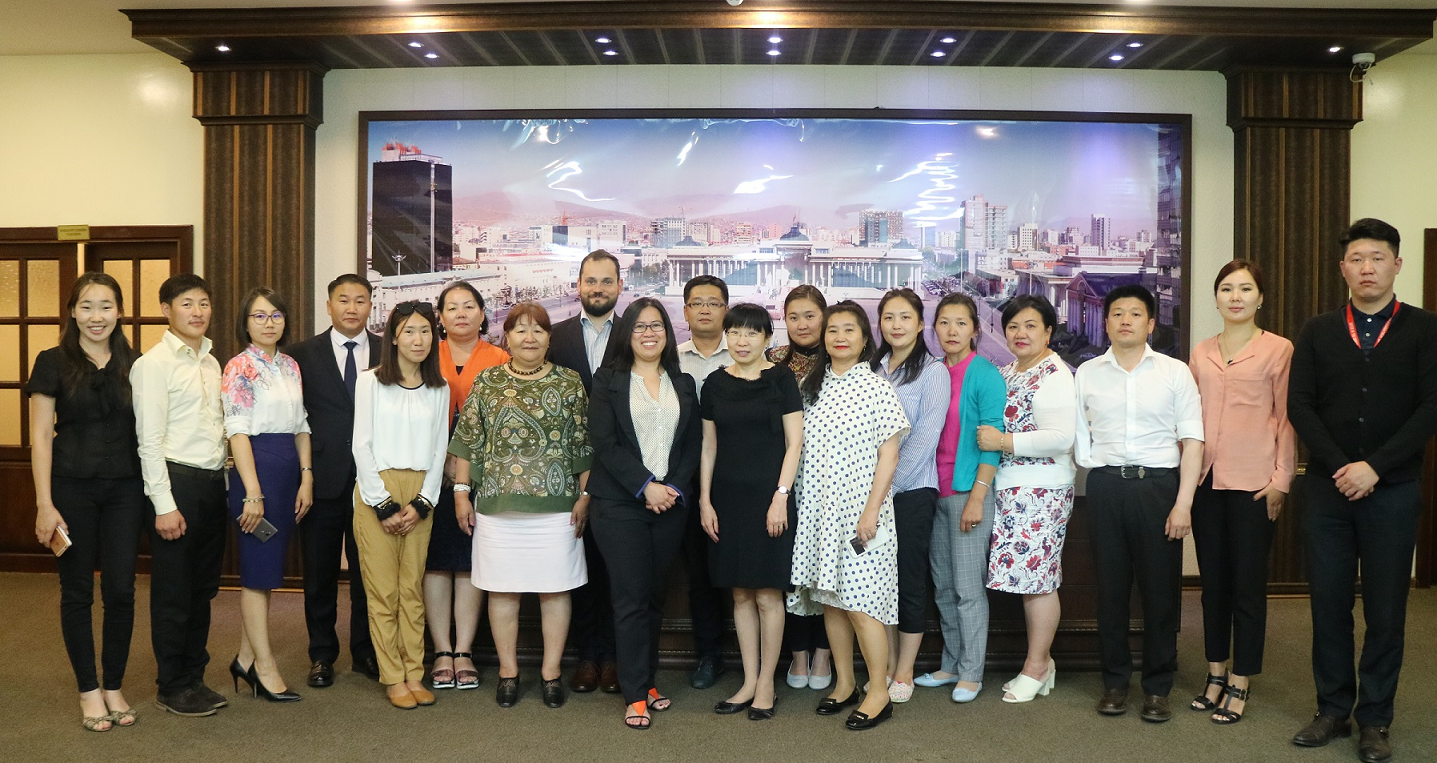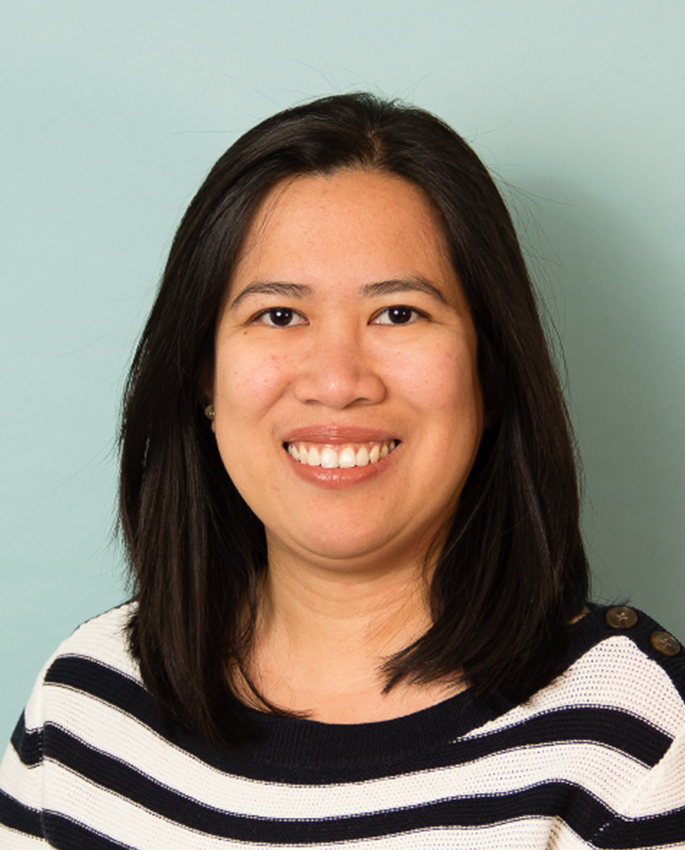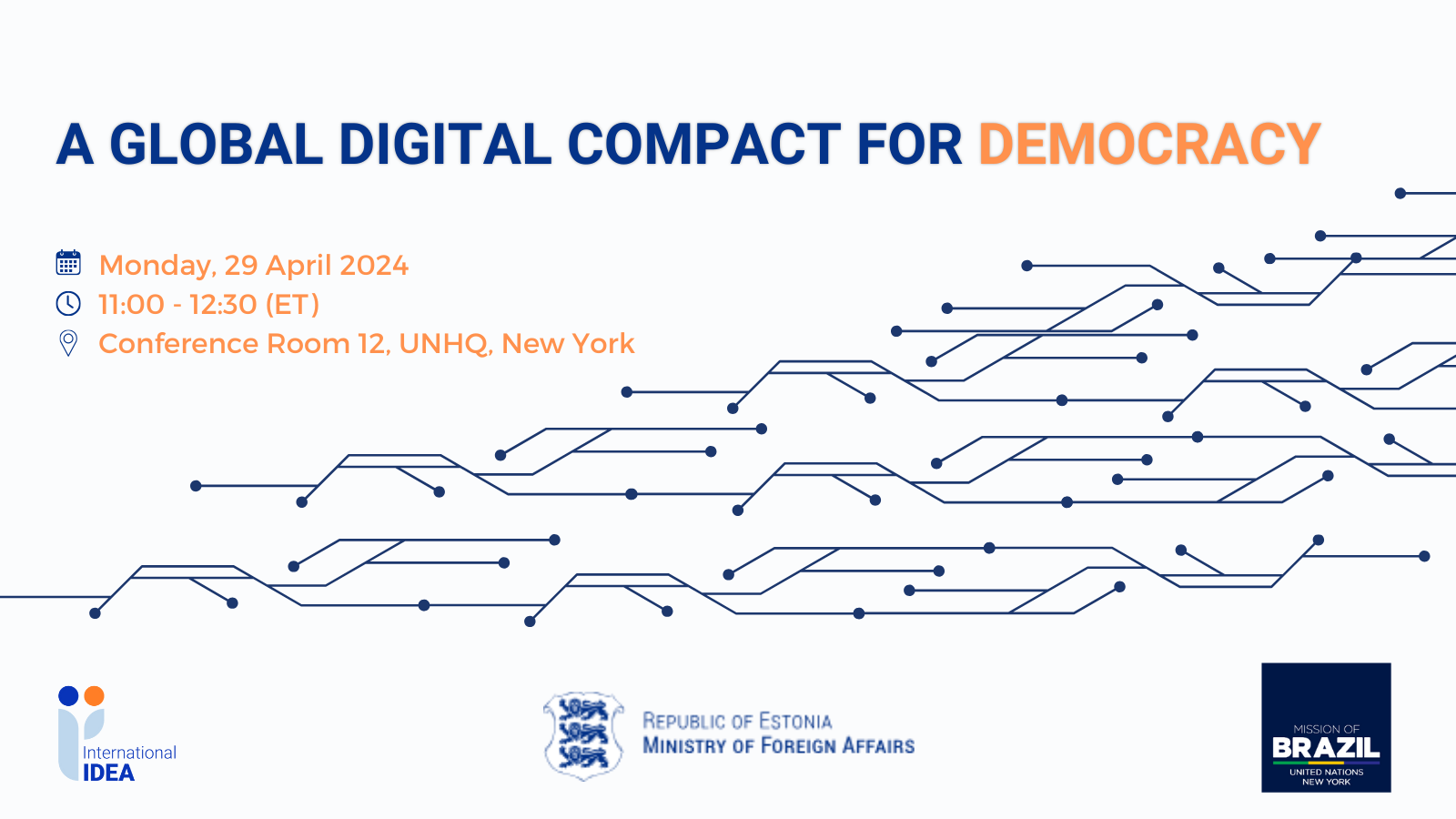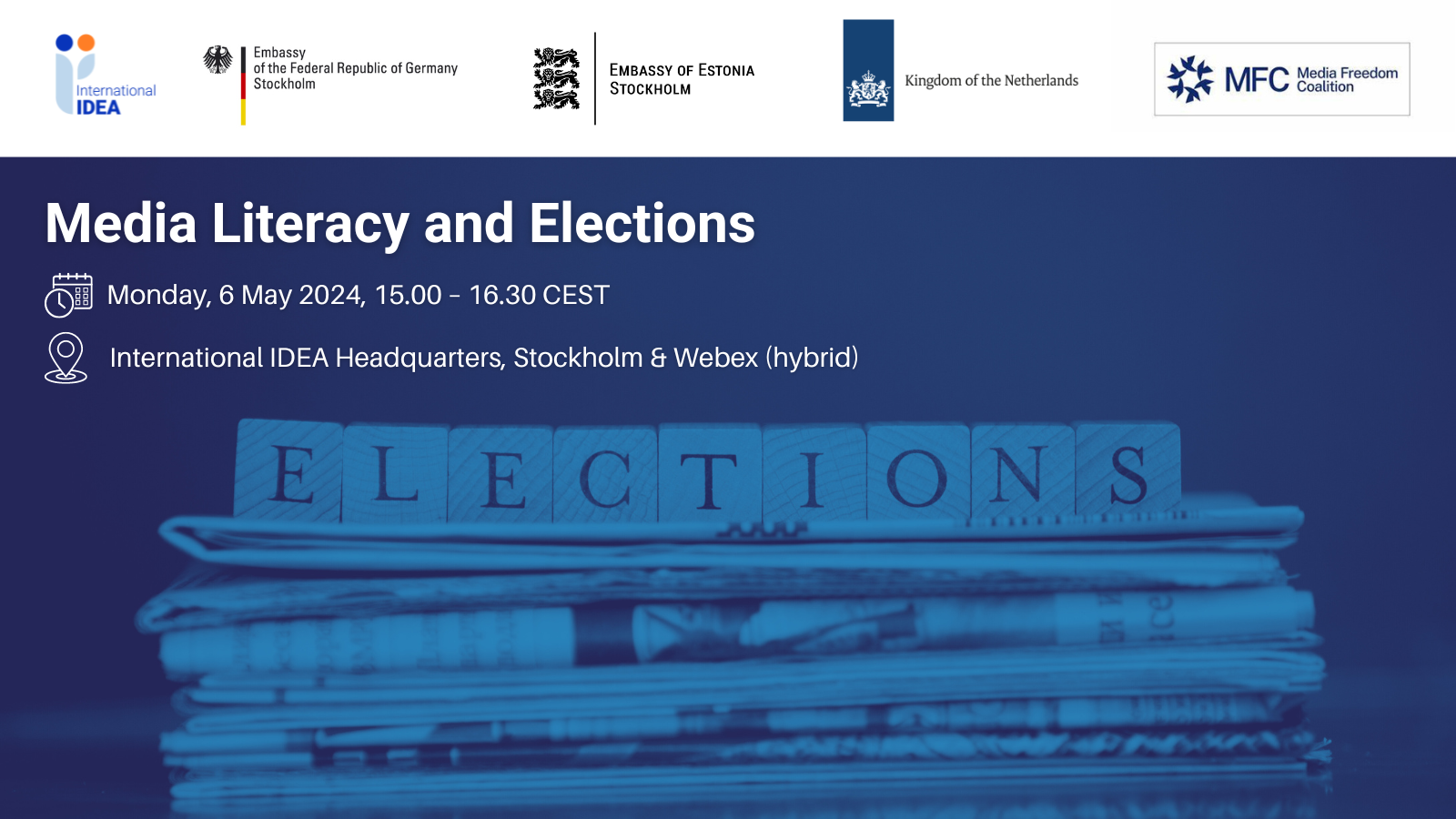Democratic accountability in Ulaanbaatar: Improving delivery of social welfare
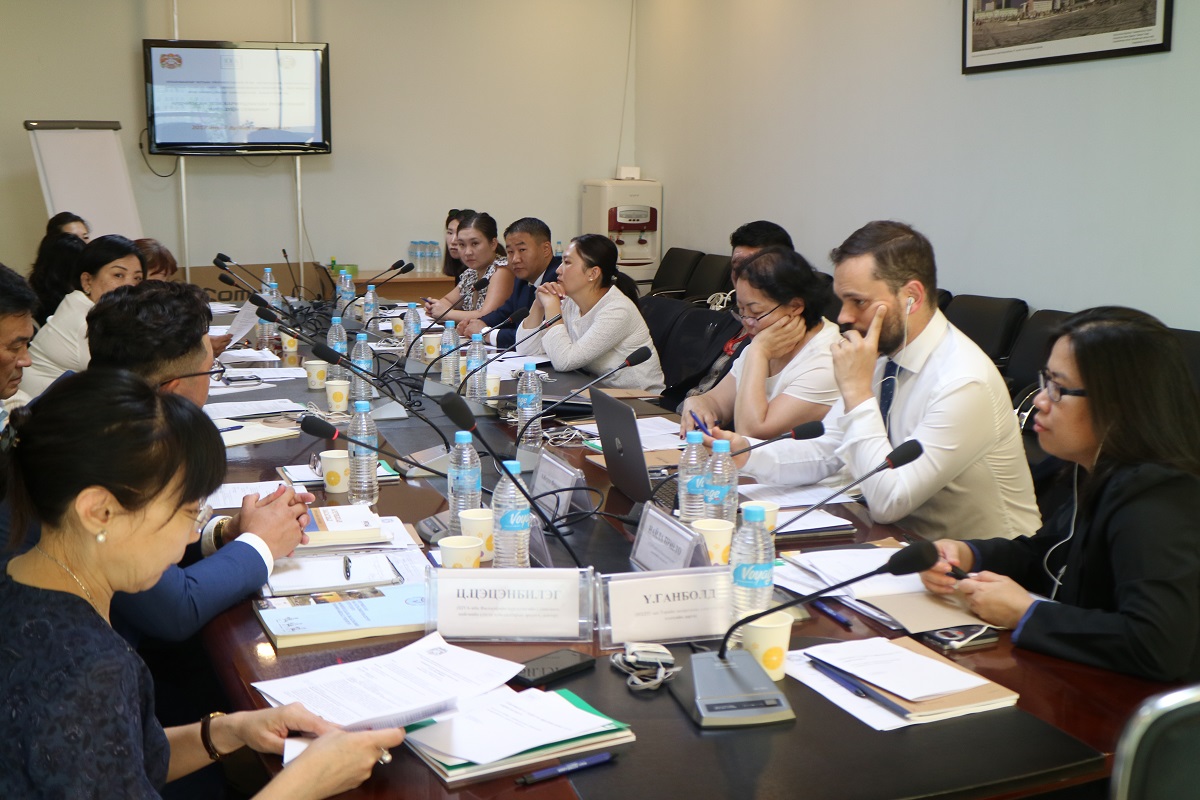
On 18-19 July 2017, International IDEA together with the Institute of Philosophy of the Mongolian Academy of Science got together with the staff of the Municipality of Ulaanbaatar, representatives from civil society and group of researchers to discuss and customize assessment methodology based on International IDEA’s Democratic Accountability in Service Delivery and State of Local Democracy frameworks. This tool will be used in assessing delivery of certain social welfare services to the citizens of Ulaanbaatar.
In partnership with the Municipality of Ulaanbaatar, this workshop builds on the initial training on IDEA’s citizen-led democracy assessments in 2016, when the Ulaanbaatar local government introduced a “one stop service supermarket”. These service stalls, located in one place, allow citizens to access any of the 280 public services offered, to make enquiries, provide feedback and file complaints. This 'supermarket of services' reflects local government’s continued effort to create a more bottom-up approach to democracy by improving service delivery at the local level, and to gather inputs from service users to inform relevant political and development reform agendas.
Mongolia is not new to assessing quality of its own democracy. Mongolia has conducted four State of Democracy Assessments (SoD) and in fact, the first country to establish SoD as a fundamental part of an on-going democratic evaluation process. This became institutionalized through the process of assessing Mongolian Millennium Development Goal 9 (MDG 9) on democratic governance and human rights.
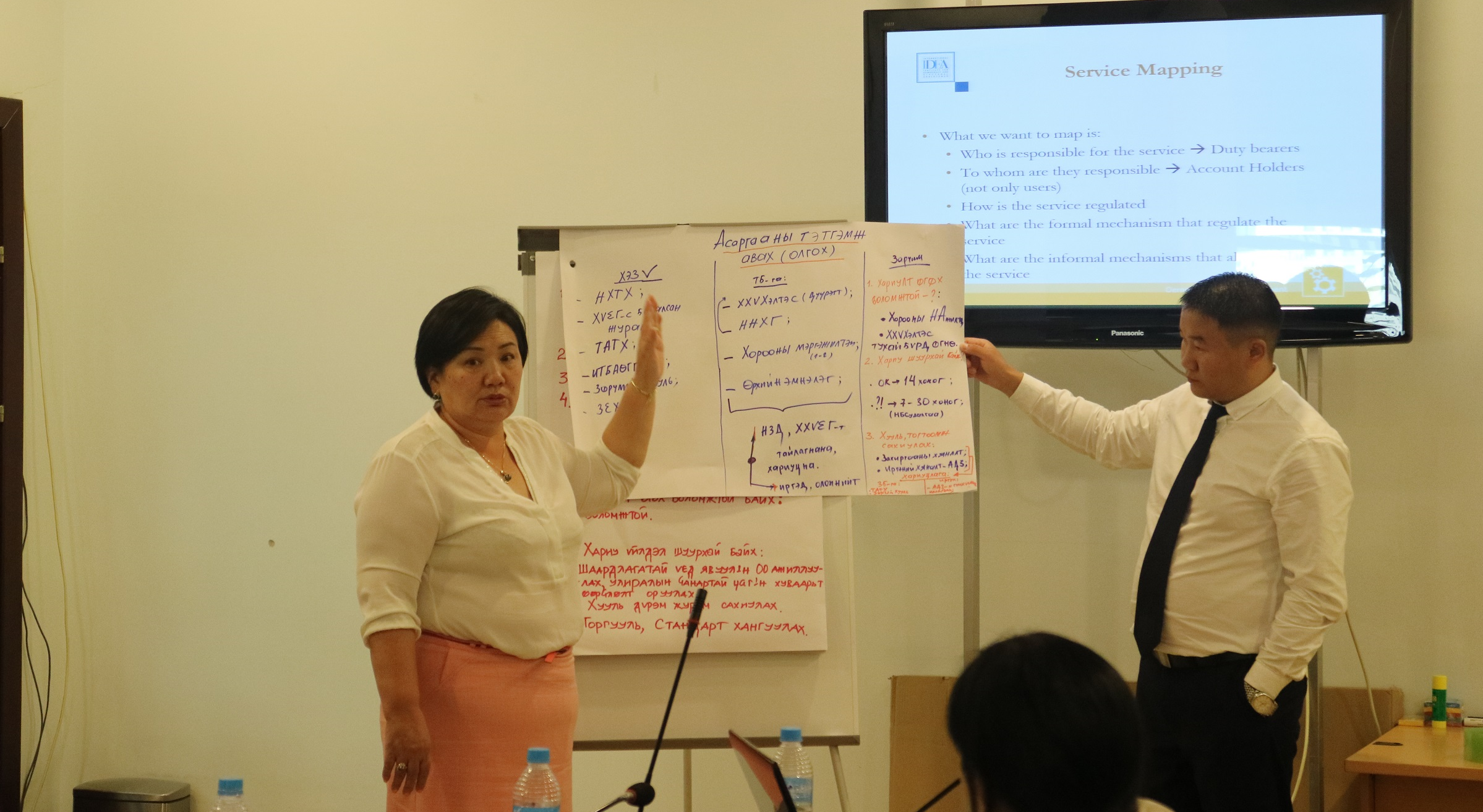
However, despite changes and reforms emanating from the Mongolia’s SoD assessments, the accountability mechanisms in service delivery remains weak. In the assessments, reports showed respondents’ poor opinion of how democratic principles such as accountability, responsiveness, responsibility and law and justice are upheld in Mongolia. In Ulaanbaatar in particular, where almost half of the population (46%) resides, increasing inequalities have created a situation where many people are dependent on social welfare. To date, the system of social welfare is the largest public service institution in Mongolia. In Ulaanbaatar alone, one-third of the local government’s budget goes to social welfare.
This project will thus aim to assess democratic accountability of social welfare services, particular to those effecting underserved groups such as the elderly, youth and women. Under the leadership of Ulaanbaatar Mayor S. Batbold, this assessment exercise responds to the municipality’s Four-Year Action Plan 2016-2020 to engage citizens in local political processes and improve democratic governance.
The workshop engaged the members of the assessment team on how to map a service, discussed the formal and informal accountability mechanisms which are in place, and worked out a plan for the assessment exercise. The assessment is expected to identify gaps in accountability processes in Ulaanbaatar; how answerable and responsive the government and other service providers really are, and whether accountability mechanisms are properly enforced.
Application of this methodology on delivery of social welfare serves also as a pilot for the municipality as they plan to adopt and apply this method and tool in assessing other public services.
The institutes and organizations participated in this workshop were:
- The Public Administration Office, Social Welfare Department, and Capital Service Delivery Center of the Municipality of Ulaanbaatar
- National Academy of Governance, Cabinet Secretariat of the Government of Mongolia
- Institute of Philosophy, Mongolian Academy of Science
- Mongolian Educational University
- CSOs: Transparency International (Mongolia), Step without Border, Administrative Initiatives, and Transparency Fund.
